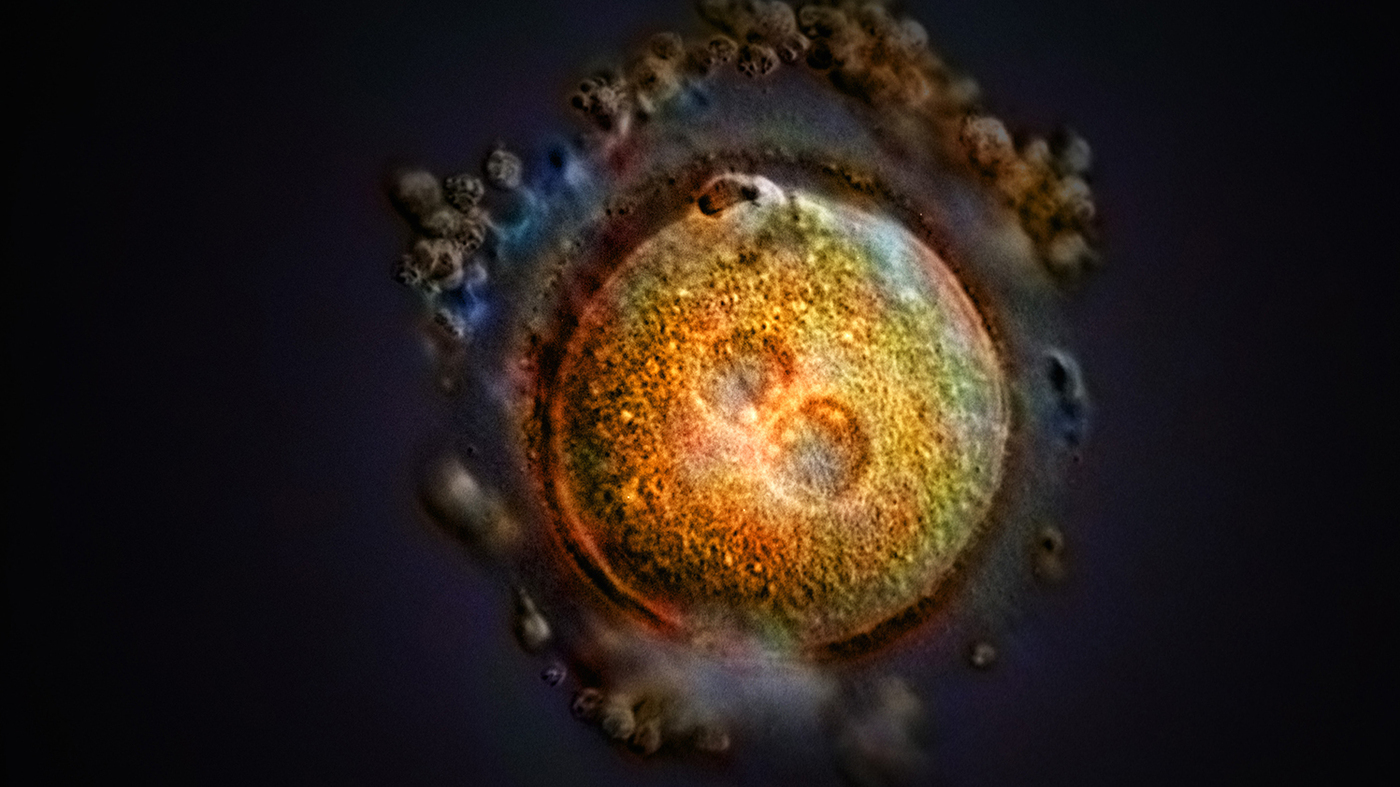The lead in paragraphs of this rather lengthy article in the OP are worth a view to see how this issue is framed here.
EXCERPT:
...
As life-preserving medical technology advanced in the second half of the 20th century, doctors and families were faced with a thorny decision, one with weighty legal and moral implications: How should we define when life ends? Cardiopulmonary bypass machines could keep the blood pumping and ventilators could maintain breathing long after a patient's natural ability to perform those vital functions had ceased.
After decades of deliberations involving physicians, bioethicists, attorneys, and theologians, a U.S. presidential commission in 1981 settled on a scientifically derived dividing line between life and death that has endured, more or less, ever since: A person was considered dead when the entire brain — including the brainstem, its most primitive portion — was no longer functioning, even if other vital functions could be maintained indefinitely through artificial life support.
In the decades since, the committee's criteria have served as a foundation for laws in most states adopting brain death as a standard for legal death.
Now, with the overturning of
Roe v. Wade and dozens of states rushing to impose abortion restrictions, American society is engaged in a chaotic race to define the other pole of human existence: When exactly does human life begin? At conception, the hint of a heartbeat, a first breath, the ability to survive outside the womb with the help of the latest technology?
A legal and political maelstrom
That we've been able to devise and apply uniform clinical standards for when life ends, but not when it begins, is due largely to the legal and political maelstrom around abortion.
...........
After some wrangling back and forth we get here;
..........
Defining the role of government in life and death
The Supreme Court's 1973 decision in
Roe v. Wade that established a constitutional right to abortion did not define a moment when life begins. The opinion, written by Justice Harry Blackmun, observed that the Constitution does not provide a definition of "person," though it extends protections to those born or naturalized in the U.S. The court majority made note of the many disparate views among religions and scientists on when life begins, and concluded it was not up to the states to adopt one theory of life.
Instead,
Roe created a framework intended to balance a pregnant woman's right to make decisions about her body with a public interest in protecting potential human life. That decision and a key ruling that followed generally recognized a woman's right to abortion up to the point medical professionals judge a fetus viable to survive outside the uterus, at about 24 weeks of gestation.
.............
Close to a summary, but not a clear answer ...
.............
A philosophical quandary
Just as there are legal implications that flow from determining a person's death, from organ donation to inheritance, the implied rights held by a legally recognized zygote are potentially vast. Will death certificates be issued for every lost pregnancy? Will miscarriages be investigated? When will Social Security numbers be issued? How will census counts be tallied and congressional districts drawn?
Medical professionals and bioethicists caution that both the beginning and end of life are complicated biological processes that are not defined by a single identifiable moment — and are ill suited to the political arena.
"Unfortunately, biological occurrences are not events, they are processes," said David Magnus, director of the Stanford Center for Biomedical Ethics.
Moreover, asking doctors "What is life?" or "What is death?" may miss the point, said Magnus: "Medicine can answer the question 'When does a biological organism cease to exist?' But they can't answer the question 'When does a person begin or end?' because those are metaphysical issues."
...........
For decades, the U.S. medical system has adhered to a legally recognized standard for death, one embraced by most states. Why is a uniform standard for the start of human life proving so elusive?

www.npr.org
~~~~~~~~~~~~~
As can be seen if reading the full article, no objective clear answer here, but a lot of subjective opinions for now.

 www.npr.org
www.npr.org
